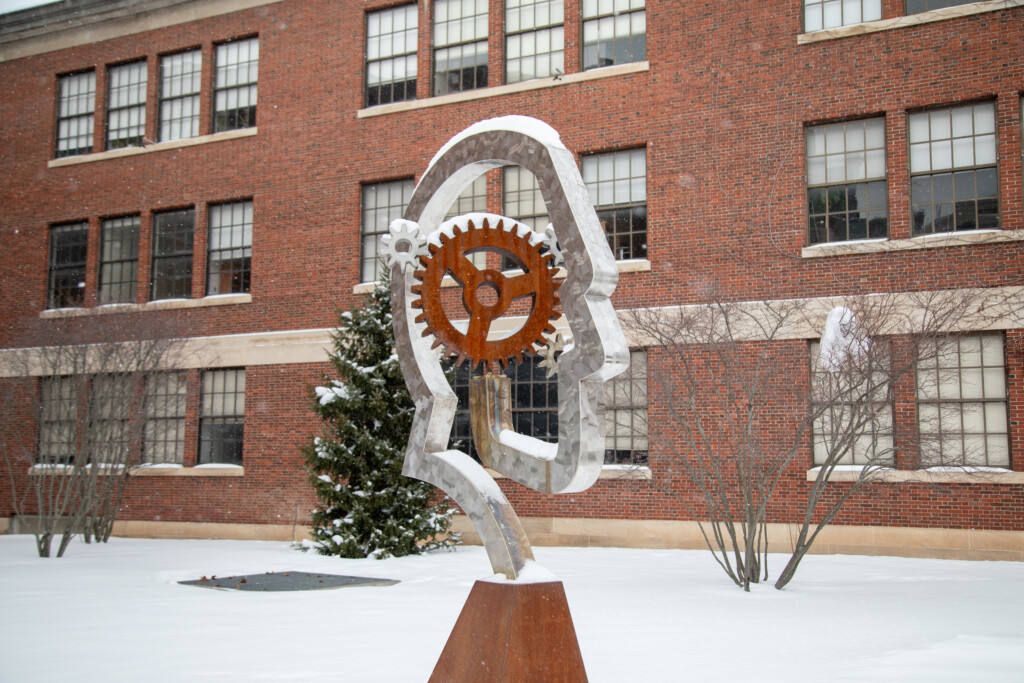As the smoke clears on the most recent phase of the Israel-Palestine conflict in Gaza, we find that more than 400 children perished under U.S. manufactured and supplied helicopters, jets, gunboats, missiles, bombs and other lethal weaponry. Thirteen Israeli and over 1,300 Palestinian lives were taken. Over 5,000 people remain injured and 50,000 are newly homeless in a Gaza strip already suffering from a humanitarian crisis before the war rocked the region. In the wake of this catastrophe, UR Students for a Democratic Society would like to highlight the larger context of the conflict which allows for these tragedies to occur. Specifically we would like to focus on the U.S. government’s role in supporting (or thwarting) the basic principle of SDS: participatory democracy.
Must the heart-wrenching cycle of violence continue forever? Wouldn’t it be wonderful if there was a straightforward solution to a lasting peace? Try Googling ‘Peaceful settlement of the Palestinian question,” and click on your first hit. If you take us up on this, you might be shocked to find that, for over 20 years, there has been an overwhelming international consensus on the United Nations proposal for a peaceful resolution of the Israel-Palestine conflict, and the United States is one of the few countries actively working to block the peaceful settlement (the most recent UN General Assembly vote in November was 154-7, with the US, Israel, Australia and four small Pacific islands voting against). The resolution is a comprehensive proposal for a peaceful and just settlement, which addresses the ‘Big 4″ final-status issues: pre-June 1967 borders, Israeli settlements in the occupied territories, the status of Jerusalem and Palestinian refugees. Where the United States remains strongly in defiance of the international community is its support of Israel’s harsh 41-year occupation of the West Bank and their support of Israeli settlements in the West Bank.
The United States supports the occupation by giving Israel, a swath of land the size of New Jersey, more political, military and economic support than any other country in the world ($2.5 billion a year in direct handouts, according to Congress). The United States clearly has the leverage to end the occupation and the power to completely transform the Israel-Palestine conflict peacefully.
We call on the Obama administration to apply the same standards to Israel and Palestine by supporting both Israelis’ and Palestinians’ right to self-determination. In addition, we call on the Obama administration to stop its threats of Hamas without simultaneously ending support of the Israeli military occupation of Palestine which, according to President Obama’s statements, remains the elephant in the room.
In January 2006, the Palestinian Territories was internationally certified as having the first free and fair elections in the history of Palestine. The Palestinians spoke overwhelmingly in favor of Hamas by means of the ballot. Founded in 1987, Hamas is a multi-faceted Sunni Muslim grassroots movement in the territories that provides education and social welfare (its social wing), engages in armed resistance of the Israeli occupation (its military wing) and has political representatives who run in elections and create policy (its political wing).
Hamas, which is infamous internationally for engaging in suicide bombings in Israel, officially ended this terror tactic in 2005 due to its unpopularity in the territories. According to polling in the territories at the time, the reason for Hamas’ popularity in 2005 and 2006 was on account of its perception of incorruptibility in contrast to the deeply unpopular ruling elite of the Fatah party.
How were the Palestinians rewarded for their display of democracy? The United States immediately cut off aid to the Palestinian government.
But that wasn’t enough. According to recently declassified internal U.S. documents, the U.S. along with Israel, planned and backed a coup of the Hamas government in the summer of 2007 which degenerated into a Palestinian civil war. A meaningful and lasting peace in Gaza and the larger conflict will be impossible if the United States continues to systematically undermine popular democratic movements in Palestinian Territories.
Is Hamas ready to make peace? Hamas is usually portrayed by the government and in U.S. commercial media as working to violently destroy Israel and a peaceful settlement of conflict. What is typically suppressed in the media is Hamas’ 20-year record of peace proposals that generally resemble the international consensus. Hamas’ leadership (most recently Khaled Meshaal) continues to say loud and clear to those who are listening that it will endorse the two-state solution as long as this is democratically decided by the Palestinians by means of a general referendum.
Despite the continuous pleas from former president and Nobel Peace Prize laureate Jimmy Carter for unconditional direct negotiations with the democratically-elected Hamas, the United States continues to reject direct diplomatic relations with Hamas and still strongly favors Israel’s policy of illegal political assassinations of Hamas leadership and military confrontation. Supporting democracy in Palestine removes the key obstacle to peace. As cases such as the France-Algeria conflict, the Northern Ireland conflict and the Spain-Basque conflict amply show, a meaningful peace is only achieved through diplomacy, even when your opposition organization uses terror tactics as a means of resistance. We strongly urge the Obama administration to engage in genuine diplomacy with Hamas and any other popular group that might arise in Palestine.
Acuff is a graduate student.
